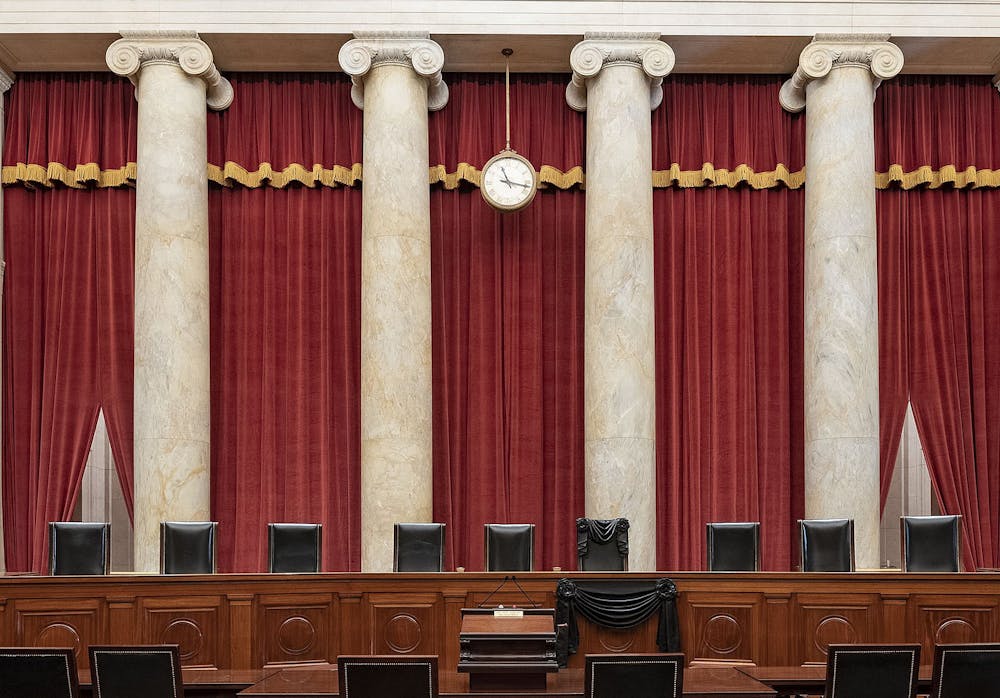By Abigail Gilder
Staff Writer
On Nov. 13, the Supreme Court made a decision that will forever alter the structure of American government. Following recent news of donations and gifts given to justices on behalf of the wealthy and elite, the Supreme Court has officially enacted a formal ethics code, signed off by all nine justices after much debate, according to Politico.
Initially, the conservative members of the Court were highly against this ethics code, claiming it could be “weaponized” against them, as reported by The Washington Post. This was an opinion largely voiced by Clarence Thomas. According to ProPublica, one of Thomas’s friends, a wealthy businessman, paid for private school tuition for a relative of Thomas’s.
However, despite the debate and turmoil surrounding the document’s contents, the justices neglected a crucial aspect of the process: designating a person to determine whether or not a rule was broken, and what would happen as a result. Critics have a variety of suggestions to alter this issue, including amending the legislation regarding the ethics code or allowing other branches of government to decide this outcome.
This is uncharted territory for the American government, as it is the first time an ethics code has been enforced upon the highest form of the courts in government. Some critics, including Northwestern University’s legal ethics expert Steven Lubet, said that the Supreme Court should not “be the sole determiner of their own biases,” according to Reuters. In doing so, they open the Court to corruption and bias that threatens the basis of the American legal system as a whole.
Despite critics claiming this document was necessary long before today, many justices on the Court have publicly voiced disagreement, even going so far as to say the “code largely represents a codification of principles that we have long regarded as governing our conduct,” according to the Court’s press release statement. The code also echoes codes of conduct that apply to state and appellate courts. While these rules seem strict, they are ultimately vague, allowing for loopholes as proceeded with caution.
The Court’s new ethics code also mandates that “all federal judges including the justices on the Supreme Court to annually report income, assets and most gifts on a publicly available disclosure form,” as reported by ProPublica.
This ethics code, despite the one-sided protests from the conservative-leaning justices, applies to all justices sitting on the Court. Both parties are guilty for accepting gifts, according to CNN. Whether it be Sonia Sotomayor’s art, Ketanji Brown Jackson’s flower arrangements or Thomas’s overseas travel, these justices have each received gifts, which leads to concern for biased decision-making on a national scale.
While this ethics code is skeletal in its execution and enforcement protocols, the Court may have an updated procedural protocol soon. This system has never been enforced before, and some predict that democracy will be altered for the better as a result.




